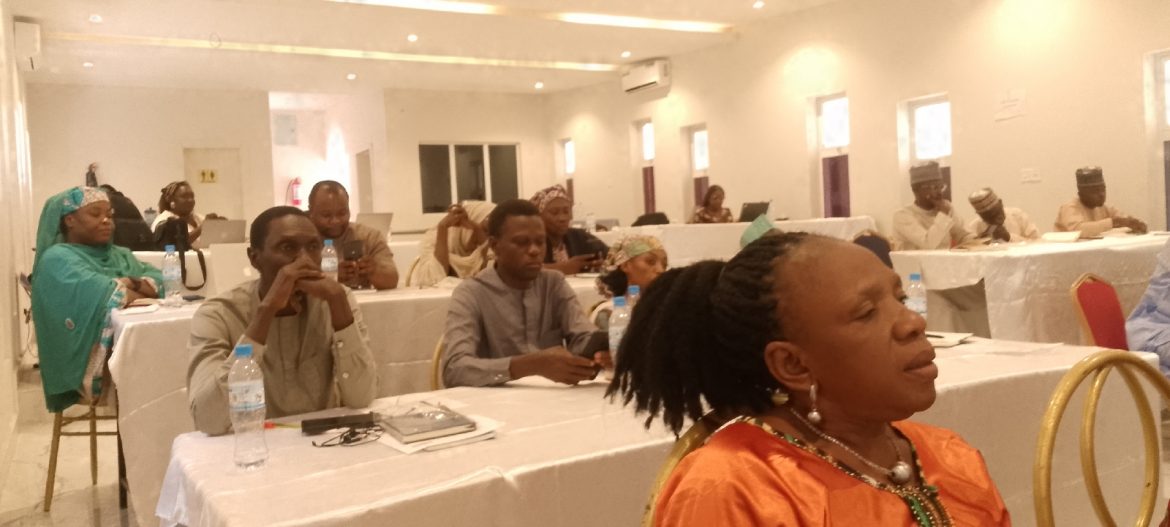As part of efforts to mitigate the effects of climate change in Nigeria’s north east region, Plan International Nigeria has organised a five-day workshop intended to build the capacity of for media climate change champions across Yobe, Adamawa and Abuja.
Put together with funding from the Zurich Climate Resilience Alliance(ZCRA), the Capacity building brought together participants from print, online, electronic media, NOA CSOs, among other relevant stakeholders in Yobe and Adamawa took place in Kano State.
Speaking during the first day of the workshop with the theme “Building Community Resilience and Strengthening Early Warning Systems in Nigeria, Prof. Ambrose A. Zemba, of the Department of Geography, Faculty of Environmental Sciences, Modibbo Adama University (MAU), Yola, highlighted the multifaceted responsibilities of journalists in informing, educating, and raising awareness about climate change.
Zemba stressed the importance of journalists acting as a bridge between climate science and the public, translating complex information into easily understandable messages.
Read also: Air pollution causing 1,100 cases a year of main form of lung cancer in UK
Speaking on the topic, “Roles of Journalists in Climate Change Resilience Building”, Zemba underscored the significance of investigative reporting in uncovering climate-related issues, exposing corruption, and holding authorities accountable.
Zemba noted that investigative journalism can lead to stricter pollution laws, government crackdowns on deforestation, and policy changes regarding water management. He also emphasized the role of journalists in promoting early warning systems by broadcasting timely messages during climate-related disasters.
The professor also urged journalists to advocate for policy influence by facilitating dialogues between stakeholders and showcasing best practices and success stories of communities adapting to climate change.
Zemba outlined strategies for effective climate change reporting, including simplifying climate science, engaging local voices, using multimedia tools, ensuring fact-checking and accuracy, fostering collaboration, building expertise, and engaging the audience.
He also acknowledged the challenges faced by journalists, such as limited access to scientific data, lack of resources and training, political and economic pressures, and misinformation while also recommending strengthening journalist training, encouraging partnerships, promoting citizen journalism, and enhancing understanding of climate science.
Earlier, Dr. Babagana Boso, of the Department of Geography and Environmental Management, Yobe State University, presented an overview of climate change, its localized impacts in Nigeria, and potential solutions.
He described climate change as a critical global challenge threatening human existence and the environment, impacting agriculture, food security, water resources, and human health.
Boso highlighted Nigeria’s vulnerability to climate change due to its large population, low income, low institutional capacity, and reliance on climate-sensitive resources, nothing that the North-East zone of Nigeria is particularly vulnerable.
He listed the causes of climate change to include natural factors and anthropogenic causes, and detailed the localized impacts in Nigeria, such as changes in rainfall patterns, droughts and flooding, agricultural impacts, water scarcity, and coastal erosion.
Boso emphasized that addressing climate change is everyone’s business and stressed the importance of awareness creation, attitudinal change, and educating communities on tree planting, forest protection, sustainable agriculture, and water management.
Story was adapted from the Guardian.
